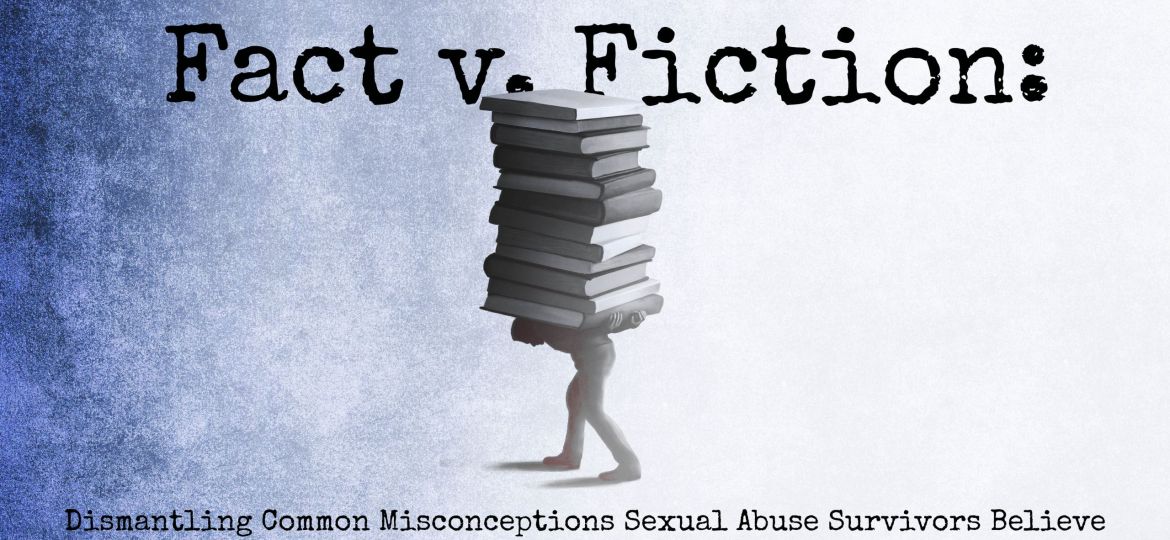The average survivor of child sexual abuse does not come forward until they are 52 years old. While trauma doesn’t have a timeline, the law does. These laws vary from state to state, in general most states require action to be taken within seven years of abuse occurring. Some places are even more restrictive, with action needing to occur within three years of abuse.
These different timelines and requirements create confusion for survivors when they make the decision to step forward and take action. Below are some common misconceptions that abusers may have about their legal options.
I don’t think I have legal options available because my abuse happened so long ago.
The specific laws for both criminal and civil child sexual abuse lawsuits vary from state to state.
Looking up the laws or reaching out to a law firm will help clarify any questions a survivor has.
Our firm, Jeff Anderson & Associates, has various resources for survivors to identify their abusers and help survivors take steps towards healing. Anyone can call us for a free and confidential conversation to discuss matters of their case, regardless of how much time has passed since the abuse occurred.
My abuse happened so long ago, and I don’t have any evidence for a lawsuit.
Predators are cunning and manipulative and, because of the psychological hold they often have on survivors, they can pressure victims into getting rid of evidence of abuse. Alternatively, survivors, out of shame or fear, will choose to get rid of any items from a predator, like letters or gifts.
Additionally, predators often abuse multiple victims. If other victims can be identified, they can help corroborate stories between survivors. There are often many ways that a survivor’s story can be validated – that is the job of attorneys and the law firm.
Survivors should not worry about a lack of evidence and should reach out to a law firm that will take care of that.
I don’t have any recourse to seek justice because my abuser is dead.
If an abuser has died, there is often still an avenue for a survivor to seek justice through civil remedies. Criminal penalties, however, disappear once a perpetrator has died.
Civil laws are designed to do more than just hold the perpetrator accountable for their crimes, but are also there to hold guilty institutions accountable. It is not uncommon for institutions or authority figures to conceal what they know about child sexual abuse. Hiding sexual abuse from the public benefits predators and puts more kids at risk.
Even if a survivor doesn’t think they have legal options, the best thing to do is reach out to a qualified law firm.
I waited a long time to come forward, so I don’t think anyone will believe me.
One of the most important steps in a journey towards healing for survivors is being believed. Being believed validates their experiences and emotions. Unfortunately, some people are not equipped to provide the support a survivor needs and deserves.
If a survivor is apprehensive about telling friends or a family, a good place to start can be calling the National Sexual Assault Hotline at 800.656.HOPE (4673), chatting online at online.rainn.org, or speaking to a licensed therapist. Speaking with someone who is trauma-informed can ensure a safe, supportive, and compassionate environment.
While there is no way to guarantee or predict how someone will respond, telling a close friend or family member who has been supportive of other life challenges can be a safe bet. Chances are, they will respond with compassion.
If someone does not respond positively, it’s vital the survivor understands their reaction is not a reflection on the survivor.
In the past 20 years, there have been improvements in how our society looks at sexual abuse and survivors. While there is still plenty of room for improvement, supporting survivors is becoming more and more common. Public awareness increasingly expands as people share their stories and the media covers high-profile cases.
I have waited so long to bring my story that taking action doesn’t mean much to me, now.
It’s common for survivors, especially those who have waited to come forward, to lose sight of what seeking justice may mean to them.
First, it’s important to note that coming forward and taking legal action is the survivor’s choice – no one else’s. If a survivor does not want to pursue the path of filing a lawsuit, they can choose not to do it.
If a survivor is considering taking legal action, but is hesitant, it can be helpful to reexamine the potential benefits:
- Expose the abuse and manipulation of a perpetrator.
- Expose cover-up by a church, school, or other institution.
- Prevent other kids from being abused.
- Help other survivors feel less alone.
- Tell your story in a manner backed up by credible, serious action.
- Help your community come to terms with past denial or victim-blaming.
- Help the community become more supportive of survivors and vigilant about watching out for predators and signs of abuse.
- Obtain justice for the wrong done to you and others.
- Reclaim your voice and power you may have felt you lost as a child.
- Attain monetary compensation to create a more stable and prosperous future.
I think I did something to cause my abuse.
Child sexual abuse is never the fault of the child. That statement is true in any instance, regardless of the survivor’s actions.
A survivor is not at fault, even if they returned to see a predator.
A survivor is not at fault, even if they accepted gifts from their abuser.
A survivor is not at fault, even if they loved the abuser.
Children crave love and attention from role-models. They do not crave abuse. It is a predator’s choice to assault a child.
A survivor is never at fault.


